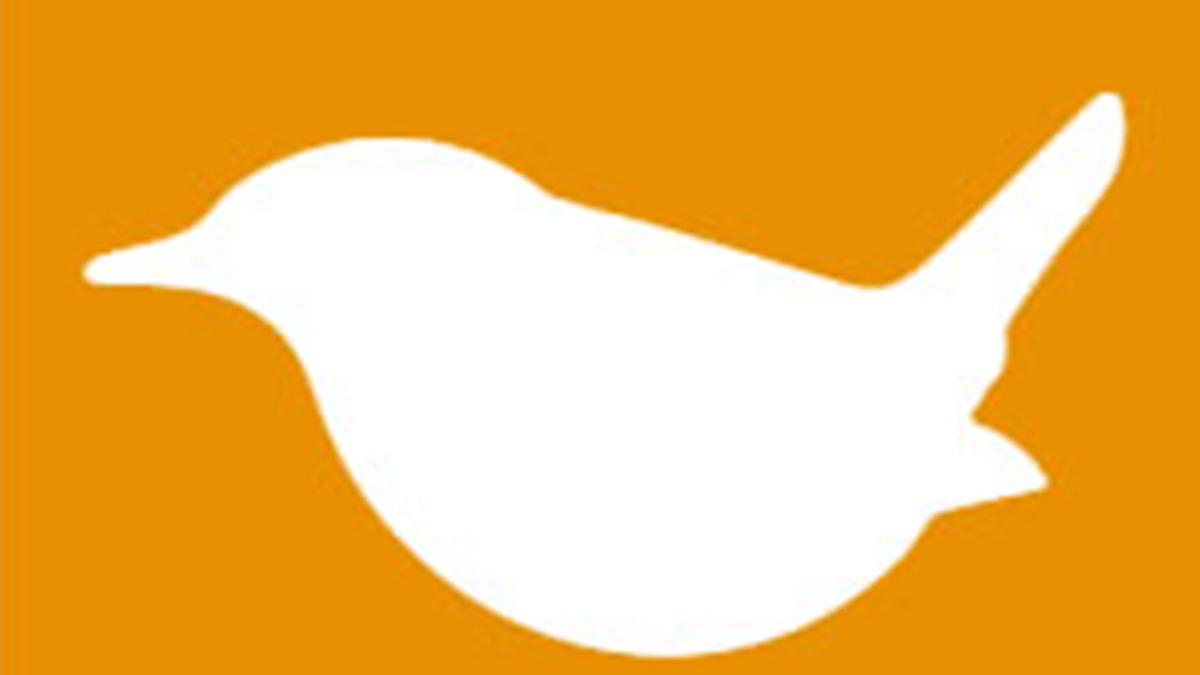A team of electrical engineering students, doctoral and undergraduate, received the “Highest-scoring open-source/reproducible method award” for the Bird Audio Detection Challenge portion of the Detection and Classification of Acoustic Scenes and Events (DCASE) 2018 Challenge. Mike Johnson, professor and chair in the University of Kentucky Department of Electrical and Computer Engineering, led the team, which worked on the project over the summer.
Detecting bird sounds in audio is an important task for automatic wildlife monitoring, as well as in citizen science and audio library management. Bird sound detection is a very common required first step before further analysis (e.g. classification, counting), and makes it possible to conduct work with large datasets (e.g. continuous 24h monitoring) by filtering data down to regions of interest.
Johnson’s team was tasked with determining whether a 10-second audio clip had a bird vocalization somewhere in it, regardless of species or loudness or background noise. Test datasets differed from the training datasets, so the challenge was to design a robust system. The team’s final system was 83.9% accuracy and won the award for "Highest-scoring open-source/reproducible method."
In November, Johnson traveled to London, England, where he presented the paper at DCASE 2018. You can read the paper here.
The award-winner team included: doctoral student Sidrah Liaqat (advisor: Samson Cheung), doctoral student Narjes Bozorg (advisor: Mike Johnson), doctoral student Neene Jose (advisor: Mike Johnson) and Patrick Conrey (electrical engineering student doing undergraduate research) and Mike Johnson.
